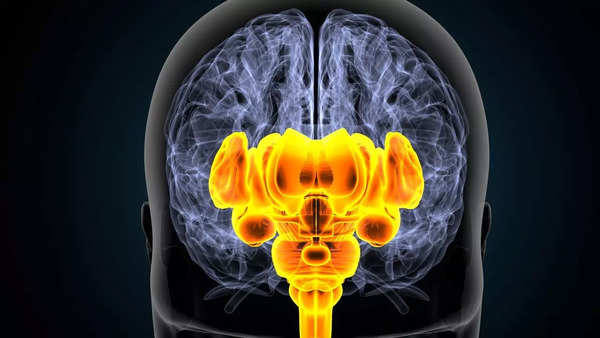While tremors and stiffness are described as the classic
symptoms of Parkinson’s disease
, the early signs of the disease could appear decades before the onset of these movement related symptoms. A new research has found out a surprising early sign of Parkinson’s disease that involves subtle vocal changes such as a soft or monotonous voice.
Parkinson’s disease is caused by the loss of nerve cells in the brain and is a disorder of the central nervous system that affects movement. The nerve cell damage in the brain causes dopamine levels to drop which leads to the symptoms of Parkinson’s which worsen gradually with course of time.
While the disease is associated with tremor and shaking, it may also cause stiffness, slowing of movement and trouble with balance that raises the risk of falls.
The studies have earlier linked Parkinson’s disease with vocal issues, which could lead to a soft monotonous voice.
According to a study conducted on songbirds by neuroscientists in the lab of Julie E Miller, assistant professor at the
University of Arizona
, these vocal symptoms could appear much earlier sometimes decades before movement symptoms onset.
Scientists studied zebra finch for this purpose and it was found that the birds with the Parkinson’s disease gene sang less after two months, and they sang less at the start of a song session three months after receiving the gene. Their vocalisations were also softer and shorter, similar to Parkinson’s disease symptoms in humans.
Researchers at Providence Saint John’s Health Center have developed an automated screening tool that analyzes vocal patterns to detect Parkinson’s disease with 80–90% accuracy, offering a promising method for early diagnosis.
The average age of Parkinson’s disease symptoms onset is 70. Parkinson’s disease can affect people’s memory, language and reasoning skills. Some people may feel irritable and concerned early in the course of Parkinson’s disease. They also may have depression and anxiety. Late-stage Parkinson’s disease can affect the muscles in the mouth leading to trouble swallowing and chewing. One may wake up often during the night, have nightmares and fall asleep during the day.
(Picture courtesy: iStock)
Teachers push for misinformation education in Seattle
I’m Manas Ranjan Sahoo: Founder of “Webtirety Software”. I’m a Full-time Software Professional and an aspiring entrepreneur, dedicated to growing this platform as large as possible. I love to Write Blogs on Software, Mobile applications, Web Technology, eCommerce, SEO, and about My experience with Life.





